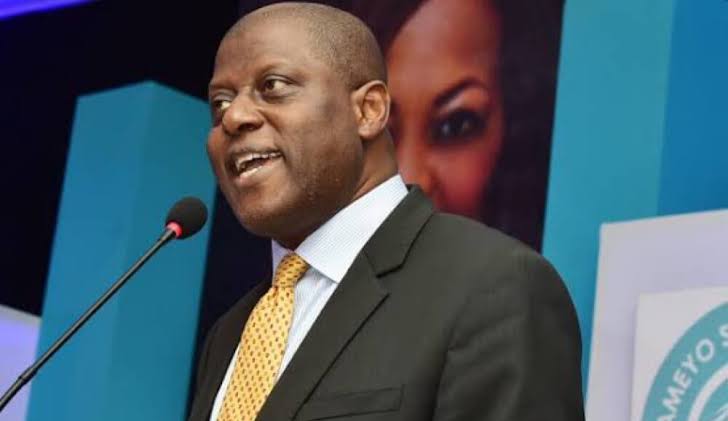Nigeria’s fuel subsidy removal has been a hot topic of debate for a long time. The subsidy, which was supposed to make fuel affordable for Nigerians, has been accused of being wasteful, ineffective, and corrupt. The IMF estimated that Nigeria spent 1.4 trillion naira ($3.6 billion) on fuel subsidies in 2019, which was 18% of its budget. The IMF also projected that the subsidy would cost Nigeria 0.5% of its GDP in 2020.
In September 2020, the Nigerian government decided to liberalize the downstream sector of the oil industry and let market forces set the price of petrol. This led to a rise in the pump price of petrol from 148.5 naira ($0.39) per litre to 162 naira ($0.42) per litre, causing protests and anger from some Nigerians who feared that the subsidy removal would increase inflation, poverty, and hardship.
However, the CBN governor, Yemi Cardoso, has defended the subsidy removal as a necessary and positive measure for the Nigerian economy. He spoke about this issue at the National Economic Summit (NES) in Abuja on October 23, 2023. The NES is an annual event that gathers stakeholders from the public and private sectors to discuss and propose solutions for Nigeria’s economic development.
Cardoso said that the subsidy removal has stopped the economic “bleeding” in the country, meaning the loss of resources caused by the subsidy. He said that the subsidy was not only expensive for the government, but also distorted the market and encouraged smuggling and illegal activities. He argued that by removing the subsidy, the government has saved money that can be used for other developmental projects, such as infrastructure, health, education, and social welfare.
He also assured Nigerians that there is no need to be worried as the subsidy removal has increased revenue generation in the FX market. He explained that by allowing market forces to set the price of petrol, Nigeria has reduced its reliance on imported fuel and increased its domestic production capacity. He said that this has led to more foreign exchange inflows into the country, which has helped to stabilize the naira and boost its reserves.
Cardoso also stressed that there will be no more unpredictable policy decisions in the FX market, aiming for transparency and a level playing field for investors. He said that the lack of transparency in the FX market had reduced trust among investors and created uncertainty and volatility in the market. He said that Nigeria has seen increased interest from foreign portfolio investors, who have invested over $1 billion in Nigerian bonds since September 2020. He said that this shows that investors are confident in Nigeria’s economic prospects and reforms.
He added that the CBN will publish detailed policy documentation on the rules of FX market operation in the near future. This is meant to provide clarity and predictability to the market, thereby increasing confidence in the Nigerian market. He said that this will also help to attract more FDI into Nigeria, which will create more jobs and opportunities for Nigerians.
Cardoso concluded his speech by saying that the fuel subsidy removal is a step towards rebuilding Nigeria’s economy and achieving its potential. He urged Nigerians to support the government’s efforts and policies, and to be patient and optimistic about the future.

